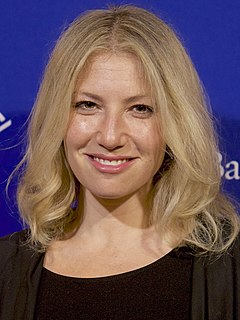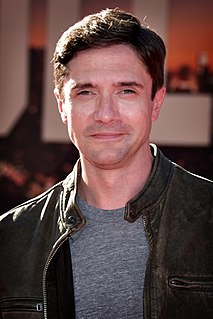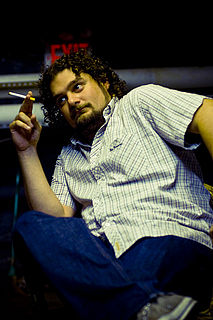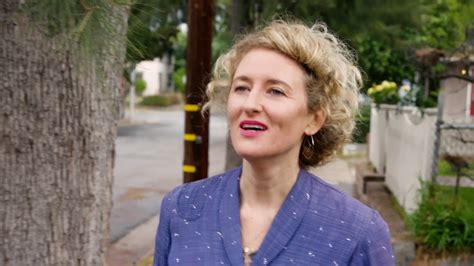A Quote by Bre Pettis
A lot of it is "how do you work with people". How do you get people to work with you and do wonderful things.
Quote Topics
Related Quotes
A lot of people have these fancy facilities, these fancy training atmospheres, high-tech this and that... I believe it's about the fighter and how much work is he willing to put. I'm trying to show the world that I can make it happen from a garage. People don't believe it, but I know how to work with what I've got to get to the top.
Once you do something that people respond to, they understandably think of you in that way, and you want to work and it's fun and it's wonderful. I think a lot of people in all different fields find themselves in a moment of repeating certain beats. There's also a moment that is personally related to age as well - in whatever field you're in, you say, "Wait a minute, where am I and how did I get here? How has this changed from my original intent and what do I want to do about that now?" That's part of the process.
I love my lecture tours. I get up onstage. I have my stack of books and a glass of water and a microphone. No podium, no distance between me and the audience, and I just talk to people and get all excited and tell a lot of jokes, and sing some songs, and read from my work and remind people how powerful they are and how beautiful they are.
Cooking is work that is traditionally done by working-class people. The work itself is not glamorous. It's repetitive, and it's a lot closer to factory work than art, whatever level you're doing it at. Certainly chefs are used to living like rock 'n' rollers to some extent, inasmuch as we get a lot of those fringe benefits without having to learn how to play guitar.
The money for my movies mostly come from talented and generous friends willing to work for almost nothing. As a producer, my job is to get as many people to give me things for free as I could. And most people are kind, and they know how hard this kind of thing is, so they are willing to help how they can, and reduce their fees how they can.
It takes a certain kind of mind to narrate, to work through character motivation, to be unforgiving to one's writer-self when it comes down to creating the minutiae of detail. Writing fiction requires stamina, a sense of how people's lives work, how people work toward and against one another and, above all, precision.



































